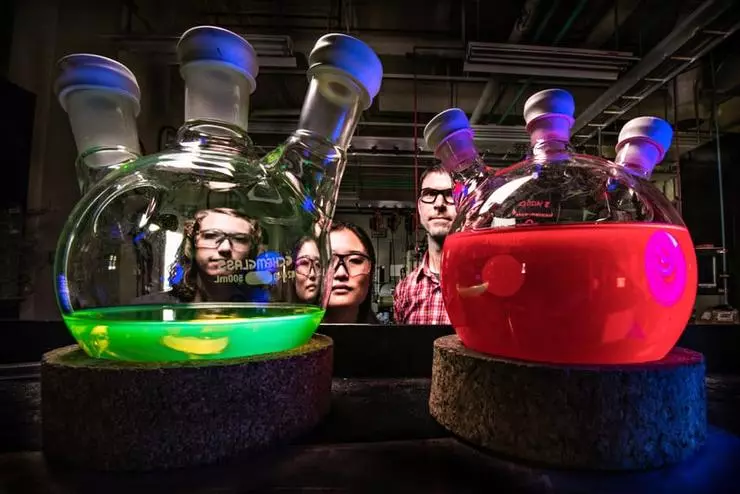New mice studies have shown that strong skeletal muscles play an important role in maintaining an effective immune system. It is especially important for people with severe chronic diseases, whose immunity has already undermined by the disease. In addition, skeletal muscles can fight the Cachexia process - this is the state of extreme exhaustion of the body, accompanied by muscle loss and fat. It often accompanies severe chronic diseases, along with the weakening of the immune system. A study that scientists from the German Oncology Scientific Center in Heidelberg published in the journal Science Advances, lays the foundation for future research to determine whether the same is true for the human body.
Than dangerous cachexia
According to the National Cancer Institute (NCI), Cachexia usually accompanies severe chronic diseases such as cancer. It is characterized by rapid "burning" of the muscles of the body and fat. Cachexia may be the cause of a third of cancer-related deaths. It can also affect people with other serious diseases, such as AIDS, chronic kidney diseases and heart failure. According to Dr. Alfred Goldberg (Alfred Goldberg) from the medical school of Harvard University in Cambridge, cachexia can be caused by excessive body compensation when she is trying to take energy from muscles and fat to help fight heavy disease. However, why precisely and how it happens is still largely unknown.
Why scientists turned to the problem
Despite the connection of cachexia and mortality, the researchers still have not developed any effective treatment methods from it. However, according to NCI, awareness of the need for the study of cachexia is growing in the hope that scientists will be able to find effective treatment methods. Along with the cachexia, people with severe diseases may also experience a weakened immune system. This is because their T cells, which have a central value for the immune system in response to the disease, end. Scientists also tied these T-cells with cachexia.

Researchers hope for promising results
Photo: unsplash.com.
Communication between all the concepts
In this context, researchers have developed a study to study the relationship between cachexia, muscle mass of the skeleton and T cells. First, they gave mice lymphocytic choriomening virus. Then they studied the reaction of genes in the skeletal muscles of animals. Scientists have noticed that in response to chronic infection, muscle cells of mice released more substance interleukin-15. Interleukin-15 attracts T-cell precursors - in this case, to skeletal muscles. It protects these predecessor cells from infection that wears T cells. It is noteworthy that the study revealed the connection between the loss of muscle mass and the depletion of T-cells.
Future research
The study was concentrated on skeletal muscles, but cachexia also causes the consumption of adipose tissue. As a result, the authors of the study suggest that future research could learn whether there is a similar connection between the adipose tissue and the protection of T-cells. Researchers also note that it is not yet clear how these T-cell precursors are formed in a skeletal muscle mass. The authors hope that as further research, it will be possible to respond to these questions and scientists will be able to develop effective methods of treatment that are aimed at combating Cahsees in humans.
